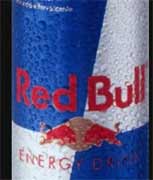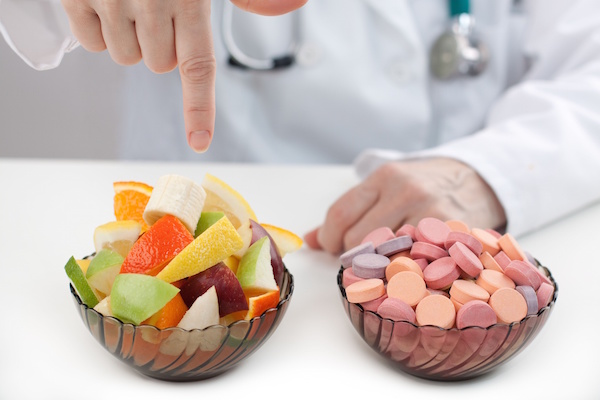
WEDNESDAY, May 2 (HealthDay News) — Sports and energy drinks are causing irreversible damage to the teeth of teens and young adults in the United States, the authors of a new study claim.
High acidity levels in the drinks erode tooth enamel, the glossy outer layer of teeth, the researchers contend in the May/June issue of the journal General Dentistry.
“Young adults consume these drinks assuming that they will improve their sports performance and energy levels and that they are ‘better’ for them than soda,” study author Poonam Jain said in a news release from Academy of General Dentistry, which publishes the journal.
However, “most of these patients are shocked to learn that these drinks are essentially bathing their teeth with acid,” Jain said.
For the study, the researchers analyzed acidity levels in 13 sports drinks and nine energy drinks. They found that acidity levels varied widely between brands and even flavors of the same brand. The effect on teeth of these acidity levels were assessed by immersing samples of human tooth enamel in each beverage for 15 minutes, followed by immersion in artificial saliva for two hours.
The cycle was repeated four times a day for five days, to simulate the exposure of teeth in teens and young adults who drink one of these beverages every few hours.
Damage to the tooth enamel was evident after five days, the researchers reported, and energy drinks caused twice as much damage as sports drinks.
Damage to tooth enamel is irreversible, the experts noted. Without the protection of enamel, teeth become overly sensitive and are more likely to decay and develop cavities.
The American Beverage Association (ABA), which represents the beverage industry, took issue with the study.
“This study was not conducted on humans, and in no way mirrors reality,” the group said in a statement released Wednesday. “The authors used slices of tooth enamel samples from extracted molars, and then placed them in petri dishes of liquid for extended periods of time. People do not keep any kind of liquid in their mouths for 15-minute intervals over five-day periods.”
The association added that the lab experiments could not mimic the environment of the human mouth, where saliva helps neutralize any acidity from food and drink.
The ABA also noted that other factors besides exposure to food or drinks — things such as dental hygiene, lifestyle and genetics — also influence tooth erosion.
According to the dentistry academy, an estimated 30 percent to 50 percent of U.S. teenagers consume energy drinks and as many as 62 percent consume at least one sports drink per day.
People “don’t realize that something as seemingly harmless as a sports or energy drink can do a lot of damage to their teeth,” Jennifer Bone, a spokeswoman for the academy, said in the news release.
She advised patients to minimize their consumption of sports and energy drinks, and also suggested that they chew sugar-free gum or rinse their month with water after consuming the drinks.
“Both tactics increase saliva flow, which naturally helps to return the acidity levels in the mouth to normal,” she explained.
After consuming sports or energy drinks, patients should wait at least an hour before they brush their teeth. Otherwise, they will spread acid onto the tooth surfaces and increase the erosive action, Bone said.
More information
The American Academy of Family Physicians offers tips to keep your teeth and mouth healthy.

